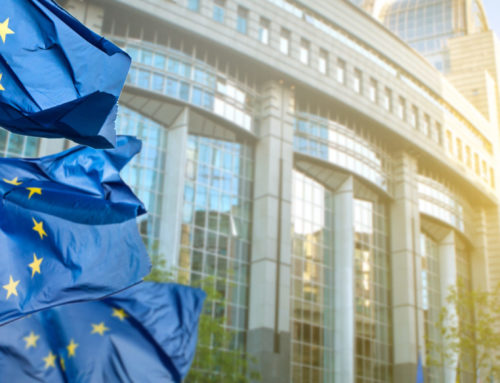This year, the final declaration has a special character. In a way, the G20 is formalising its ESG policy.
The forum is expanding to include the African Union and potentially other regional partners, confirming the need to better represent a multifocal vision of the world.
The vision of global economic growth continues to be based on free trade but it must also enable the countries of the South to move up the value chain.
In 2023, at the end of India's presidency, the G20 welcomed the African Union as a member.
This year, at the end of the G20 summit held on 9 and 10 September in New Delhi under the Indian presidency, the final declaration has a special character. In a way, the G20 is formalising its ESG policy.
1. Reform of multilateralism
First of all, the forum is expanding to include the African Union and potentially other regional partners, confirming the need to better represent a multifocal vision of the world. The sustainability of the countries of the North is closely linked to that of the countries of the South, and global governance needs to be reviewed. The operation of multilateral financial institutions must be reformed in order to scale up. It is no longer billions but thousands of billions that must be released for development. The failure of the SDGs and the need to speed up efforts over the next decade were reiterated.
2. Inclusive growth
The desire to take into account the perspective of developing countries is tangible. The vision of global economic growth continues to be based on free trade. But it must also enable the countries of the South to move up the value chain. Preparing for tomorrow's world of work must enable a potential redistribution of qualifications, better international recognition of these qualifications and offer a minimum base of social protection for all.
3. Ecological transition
With its new Green Development Pact for a Sustainable Future, the G20 is formalising its environmental policy and attempting to reconcile various economic imperatives with the collective implementation of major international agreements. Implementation is based on greater cooperation in all areas. The work underway to establish the conditions required to decarbonise the steel industry globally is a large-scale, real and immediate case in point, which could mark the first success of this new G20.

The G20 is formalising its environmental policy and attempting to reconcile various economic imperatives with the collective implementation of major international agreements.
The pressure to exceed planetary limits presents the G20 with concrete challenges.
A new planetary boundary, concerning freshwater change, had been crossed in 2022, adding to the previous exceedances and thus creating serious uncertainty about the mere existence of our societies and the concepts of growth and prosperity.
Credit: Azote for Stockholm Resilience Centre, based on analysis in Wang-Erlandsson et al 2022.
In 2022, we wondered how the G20, the forum of choice for the leaders of the 20 largest nations and the EU, approached its role in finding solutions to the global challenges of the next 30 or 40 years. We also wondered what changes in governance could be expected from the presidency held for the first time by three developing countries in succession (Indonesia, India and Brazil).
As we predicted, priorities have shifted, driven by new perspectives, introduced by emerging economies.
Since 1 December 2022, for the first time, the troika presiding over this economic cooperation body is made up of three developing countries (Indonesia, in 2022, India, which assumes the chair until December, and Brazil, which will then take over). It is an opportunity to give new visibility to the work on issues that have remained in the shadows or a new order of priorities for societal issues, which are more prevalent in emerging economies.
Driven by the work of the ‘sherpas’, issues such as women’s empowerment, digital public infrastructure, and tech-enabled development in areas ranging from health, agriculture and education to trade, skills mapping, culture and tourism, climate finance, circular economy, global food security, energy security, green hydrogen, disaster risk reduction and resilience, developmental cooperation, fight against economic crime, and multilateral reforms, were key points in the 2023 negotiations.
About Positivéco
At Positivéco, we see the new national and international regulations on CSR as an opportunity for positive growth.
Our aim: to apply financial and commercial skills to structure projects outside the traditional silos.
Since 2009, we have been supporting climate investment and development aid projects; we evaluate CSR policies and carry out extra-financial reporting for our clients. Positivéco advises financial institutions, public actors, listed and non-listed companies.
Request a callback today and discover how you can meet the new CSR requirements while serving the company’s project.

Who we are
With Positivéco, your success is our priority. Since our conception, we have always applied financial and commercial expertise outside the traditional silos, to structure successful and impactful client projects. This improves the visibility of your activities for enhanced profitability and increases your financial valuation.









Contact us now!